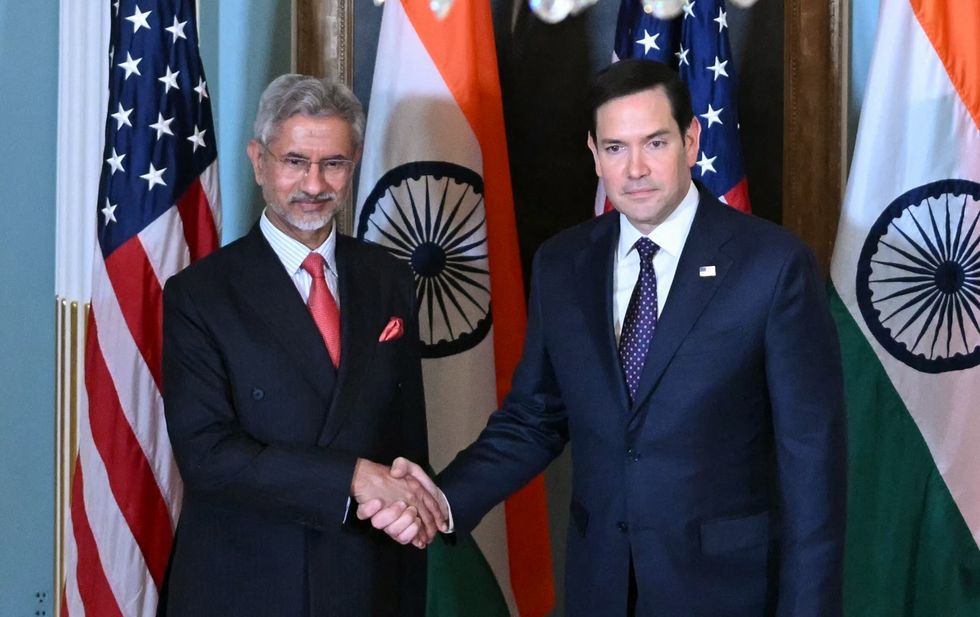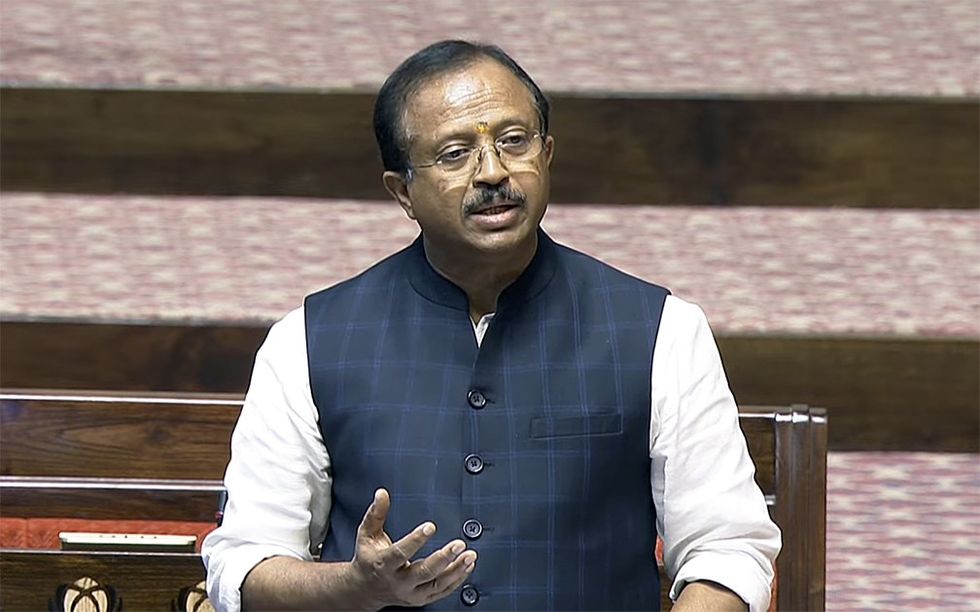TO DECLARE an interest, Ahmed (“Allu”) Jamal, who has directed a film called Rahm (Mercy), an Urdu language adaptation of William Shakespeare’s Measure for Measure, is a long-standing friend of mine.
We worked together in 2006 on The Journalist and the Jihadi, a documentary on the kidnapping of The Wall Street Journal’s South Asia correspondent Daniel Pearl, who was probably the first Western hostage to be beheaded in recent times.
That said, he and his elder brother, Mahmood Jamal, have made one of the most engaging adaptations of a Shakespeare play. I predict it will do well in India, Pakistan and across the diaspora in Britain and else- where. And it will also be appreciated by non-Asian audiences.
The translation, which Allu describes as a “Sufi adaptation of Shakespeare”, was done by Mahmood, an author of Islamic mystical poetry who is also the film’s producer.
Rahm is a British film since the Jamalbrothers are UK residents of long standing. But it was shot in Lahore with a Pakistani cast that includes some of the finest actors in the country.
Except for changing names and setting it in contemporary times, Mahmood has stuck pretty much to Shakespeare’s original story.
In Rahm, the governor (played by Sajid Hasan) steps down after apparently suffering a heart attack, leaving a hardliner, Qazi Ahad (Sunil Shanker), in charge.
Intoxicated by his newly acquired power, Ahad unleashes a reign of terror. For example, he wrongly sentences a man to death for alleged fornication (when the couple in question have merely lost their nikkah papers). But Ahad offers a reprieve if only the condemned man’s sister will sleep with him. All the while, the governor has actually been in Lahore, disguised as a pir, a religious elder.
There is a quote from Shakespeare on the abuse of power: “Some rise by sin and some by virtue fall.” “Measure for Measure was Shakespeare’s plea for diversity and tolerance,” remarks Mahmood. Allu agrees, stressing their film is a “plea for tolerance from the heart of the Muslim world”.
The film could not have been more timely, coinciding with the killing in Karachi of Amjad Sabri, who performed Qawwali devo- tional music from the Sufi tradition, an Islamic practice opposed by extremists.
The call for tolerance is also appropriate for post Brexit Britain.





 US secretary of state Marco Rubio with India’s foreign minister Subrahmanyam Jaishankar in Washington DC last Tuesday (21)
US secretary of state Marco Rubio with India’s foreign minister Subrahmanyam Jaishankar in Washington DC last Tuesday (21) Anit Mukherjee
Anit Mukherjee V Muraleedharan
V Muraleedharan Dr Sasikumar S Sundaram
Dr Sasikumar S Sundaram













 Workers clean communication equipment aboard INS Surat on January 11
Workers clean communication equipment aboard INS Surat on January 11